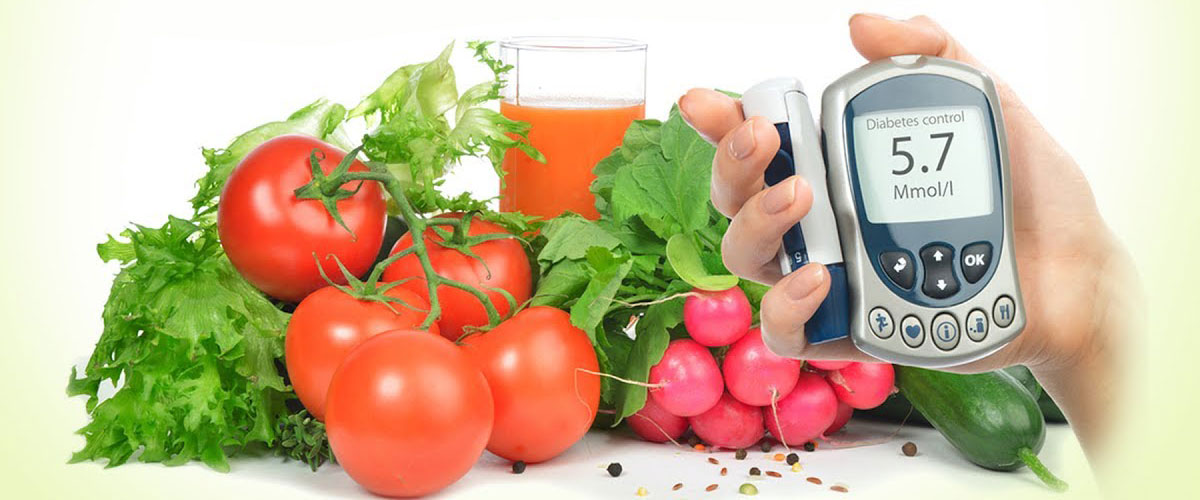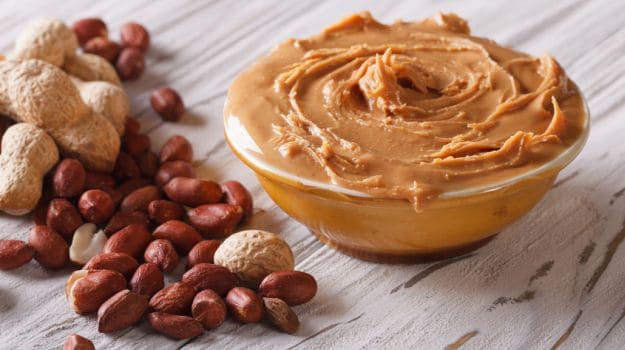6 Essential Vitamins For Diabetics

Good nutritional support is crucial for diabetics because diabetes exhausts nutrients.
Our body is built with a mechanism to flush out the excess sugar when levels of glucose are high in the blood.
That is why diabetics urinate frequently.
People with diabetes also lose nutrients from their body via urine.
The loss of these vitamins incapacitates the body’s ability to control blood sugar creating an endless loop of loss of vitamins.
To achieve stable blood sugar levels, maintaining a healthy diabetes diet plan and a daily exercise session with the best multivitamins for diabetics is of paramount importance.
While vitamin supplements may help us get a sufficient quantity of nutrients, it is better to consume nutritional food to obtain vitamins rather than tablets or capsules that may have unpredictable side effects because of the active ingredients present in them, hence nutritional diet is irreplaceable.
Our Body requires about 13 vitamins for proper functioning but we require few vitamins which will help diabetics capacitate the use of insulin and regulate blood sugar levels and keep in check with diabetic health and its complications.
Here are 6 vitamins for diabetics :
- Vitamin B6 (pyridoxine)
- Vitamin B12
- BIOTIN (vitamin B7)
- Vitamin C
- Vitamin D
- Vitamin E
VITAMIN B6
It intercepts glycation, which is a natural phenomenon in the body where the glucose in your bloodstreams clings on to proteins, which leads to the formation of hazardous new molecules called advanced glycation end products (AGEs).
It can also prevent a type of nerve damage called diabetic neuropathy which occurs with diabetes by aiding nerve health.
Good source of vitamin B6 includes foods like bananas, spinach, broccoli, red capsicum, baked potatoes and chickpeas and Pistachios.
For the non-vegetarians, lean chicken, meat and fish are good food sources.
VITAMIN B12
Metformin, a drug commonly used by people who suffer from type 2 diabetes. Metformin affects the absorption of vitamin B12 in the small intestine.
So supplementation of vitamin B12 is required for type 2 diabetes.
Lack of vitamin B12 can also cause diabetic peripheral neuropathy.
Note: Along with Vitamin B12 and B6, vitamin B1 also aids in the prevention of diabetic neuropathy (nerve damage).
Vegetarians may find it difficult to consume vitamin b12 in food sources without supplements and they can be at a greater risk of vitamin B12 deficiency as it is mostly found in non-vegetarian food sources.
Veg sources include Milk, yoghurt, Buttermilk and fortified soy milk
Non-veg sources include Animal liver and kidneys, beef, seafood and Eggs.
BIOTIN
Biotin supplementation improves glucose and insulin tolerance
It acts as a catalyst for the activity of Glucokinase enzyme in the pancreas and the liver which is responsible for phosphorylation of glucose to glucose-6-phosphate.
Food sources that have biotin are Egg yolk, Almonds, cauliflower, Mushrooms, sweet potatoes and salmon.
VITAMIN D
Vitamin D is responsible for the adequate synthesis of insulin, which regulates blood sugar levels.
Sunlight has always been the best natural source of vitamin D.
Other food sources that can prove to be good vitamin D suppliers are sunflower seeds, egg yolk, fatty fish, mushrooms, and cheese and soy products.
VITAMIN C
One of the essential vitamins for type 1 diabetics is vitamin C.
Combination of insulin with vitamin C stops blood vessel damage in type 1 diabetics, so this can be considered the best vitamin for type 1 diabetes.
On the contrary for type 2 diabetics, it enhances glucose tolerance and prevents oxidative damage.
It can also significantly improve arterial health.
Vitamin C food sources for diabetics can be citrus fruits, Amla, Leafy green vegetables such as spinach, capsicum (yellow), broccoli, green chillies, strawberries, papaya and guava.
VITAMIN E
One of the functions of vitamin E is oxygenating blood and inducing the activity of insulin within the human body. Diabetes complications can be prevented because of its antioxidant properties.
Foods that have high vitamin E in them are Almonds, peanuts, hazelnuts, avocado, sunflower seeds, spinach and broccoli.

Things to be considered :
All the essential vitamins for Diabetes must be taken in their natural forms. The final resort could be the vitamin supplements.
- Consider vegetable intake in your diet by 50% and include all the multi-coloured vegetables in your meals.
- Cultivate the habit of eating any 2 nuts like hazelnuts, walnuts, peanuts, almonds in small quantities daily.
- Have a daily intake of any 2 seeds like chia, pumpkin, flaxseed, methi and sunflower.
- Eat about 100 to 150 Gm. of any combination of 3 fruits, including one to be a citrus fruit.
- Use multigrain flour instead of only wheat flour for chapatis.
- Eat 2 to 3 eggs daily
- Non-vegetarians can consume fish twice a week
With the above recommendations on the diet, you will get enough vitamins essential for the overall wellbeing of your body.
Having too many supplements is not a good lifestyle habit as diabetic people are already on multiple medications and it may lead to many side effects.
Diabetes Guides:
Chapter 1: Type 2 Diabetes Diet Plan – Symptoms, Prevention, Treatment for Men and Women
Chapter 2: 7 Best Exercise for Diabetes
Chapter 5: The Importance of Home Diabetes Test
Chapter 6: What Does A Diabetic Patient Need To Be Aware Of During Covid?
Chapter 7: 10 Diabetes Care Tips During the Coronavirus Pandemic




No Comments